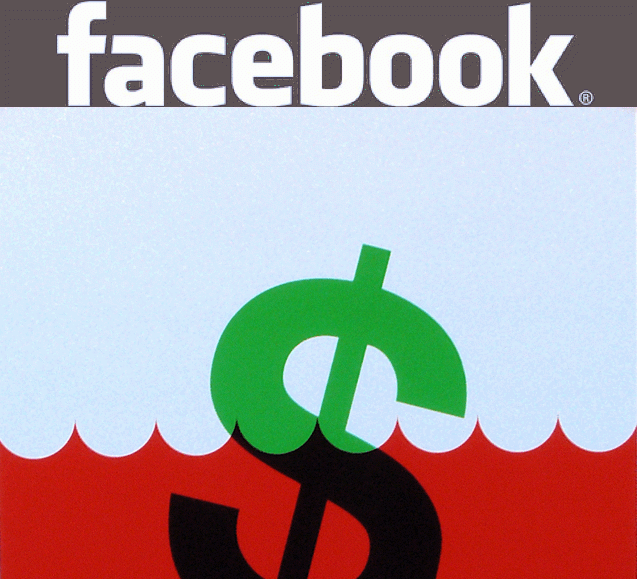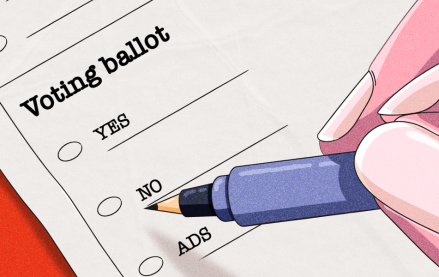
Since its IPO, Facebook has been in a world of pain. The AdContrarian predicted as much on the day of the IPO and this week explained the house of cards that not only the IPO hysteria was based on, but also Facebook’s revenue model. Something else to pay attention to: the cascade effect of the dismal Facebook IPO on other social networks and tech companies, as its overvaluation could have tempered expectations from sites like Twitter or Kayak, who may think to go public. It’s quite possible that Facebook single handedly — and simultaneously — popped and prevented a bubble. Maybe.
The amazing thing about the Facebook IPO hysteria is that the whole foundation was built on — as my dear mother used to say — shit and glue. Facebook’s revenue model is dependent on selling advertising space, and there is compelling evidence that paid advertising on Facebook has thus far been uniquely ineffective. But we live in an age in which the marketing and advertising industries trust unreliable and foolhardy pundits and experts more than we trust facts or the evidence of our own eyes… Could it be that the Facebook face plant will serve the purpose of injecting some reality into the fantasy world of advertising and marketing? Not a freakin’ chance.
Click to read the article at the AdContrarian and follow him on Twitter @adcontrarian.
More in Media

Publishers revamp their newsletter offerings to engage audiences amid threat of AI and declining referral traffic
Publishers like Axios, Eater, the Guardian, theSkimm and Snopes are either growing or revamping their newsletter offerings to engage audiences as a wave of generative AI advancements increases the need for original content and referral traffic declines push publishers to find alternative ways to reach readers.

The Guardian US is starting its pursuit of political ad dollars
The Guardian US is entering the race for political ad dollars.

How much is Possible’s future in Michael Kassan’s hands?
Some people in the know at Possible said they see the conference taking a bite out of Cannes’ attendance, most acutely by U.S.-based marketers who could save money by staying on this side of the Atlantic.





